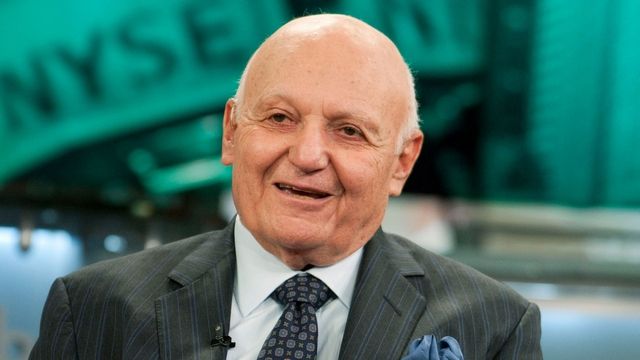Brokerdealer.com blog update courtesy of extract from FINalternatives.com
![]() The Securities and Exchange Commission is considering changes to its 30-year-old definition of “accredited investor” that could have serious implications for the crowdfunding industry.
The Securities and Exchange Commission is considering changes to its 30-year-old definition of “accredited investor” that could have serious implications for the crowdfunding industry.
Accredited investors are permitted to participate in private securities placements, and since the passage of the JOBS Act in 2012 opened the door to general solicitation for investors, many have been finding those opportunities through crowdfunding platforms.
The current definition of an accredited investor, written in 1982, says it is a person with earned income in excess of $200,000 (or $300,000 with a spouse) in each of the prior two years or one with a net worth over $1 million (alone or with a spouse), excluding the value of his/her primary residence.
Those pushing for change say the income thresholds have not been updated for inflation—that in today’s dollars, $200,000 and $300,000 would be $500,000 and $700,000.
But critics, like Brendan Ross, president of Direct Lending Investments, say such a change would halve the number of accredited households in the U.S., which today make up, by the SEC’s own calculations, 7.4% of all households.
Ross, who manages a short-term, high-yield small business loan fund, told FINalternatives that as regulators “become more educated on the implications of such a change, they will be less likely to move forward.”
“This would negatively impact the investment management industry as the number of accredited investors would sharply decrease. It’s unlikely that the SEC would want to impinge upon the private placement industry, which is the source of most financial innovation. Value investing, small companies, emerging markets, commodity funds, and REITs all started with accredited investors putting money into private placement vehicles, which then evolved into mutual funds.”
For the full story, please visit www.finalternatives.com
